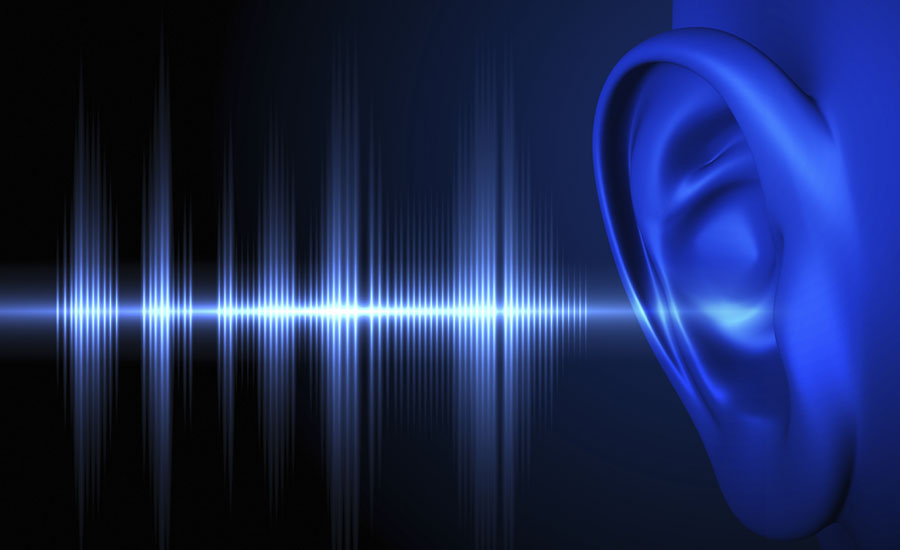Gunshots, leaf blowers, airplanes, etc. can raise stress levels

The world is getting louder. Scientists define "noise" as unwanted sound, and the level of background din from human activities has been doubling roughly every three decades, beating population growth.
Road traffic in the United States has tripled over the last 30 years. By 2032, the number of passenger flights is expected to be nearly double the 2011 figure—at peak hours, planes are even audible overhead 70 percent of the time in the remote backcountry of Yosemite National Park.
And while that's a nuisance for animals and visitors seeking a restorative experience, this growing anthropophony (the human soundscape) is also contributing to stress-related diseases and early death, especially in and around cities.
By evolutionary necessity, noise triggers a potent stress response. We are more easily startled by unexpected sounds than by objects that come suddenly into our field of vision. Our nervous systems react to noises that are loud and abrupt (gunshots, a backfiring engine), rumbling (airplanes), or whining and chaotic (leaf blowers, coffee grinders) by instructing our bodies to boost the heart rate, breathe less deeply, and release fight-or-flight hormones.
Research findings support complementary psychological theories that seem like common sense. Pleasing natural sights and sounds are good for the heart and mind—the human cacophony, not so much.
Even if you think you're immune to city noise, it may well be affecting your health. The best research on this comes out of Europe. In one study of 4,861 adults, a 10-decibel increase in nighttime noise was linked to a 14 percent rise in a person's likelihood of being diagnosed with hypertension. Health experts studying more than 1 million people in the vicinity of Germany's Cologne Bonn Airport found that people subjected to background noise of greater than 40 decibels were at increased risk of cardiovascular diseases, kidney failure, and dementia compared with those who lived farther from the flight paths, where things were quieter. (For perspective, the legal nighttime noise limit in Washington, DC, is 55 decibels.)
Another study examined how the opening of a new airport in Munich affected nearby children. In the 18 months after flights commenced, the researchers observed soaring levels of stress hormones in their subjects. The children's epinephrine levels rose 49 percent, their norepinephrine more than doubled, and their systolic blood pressure, on average, went up by five points.
Source: Mother Jones
Looking for a reprint of this article?
From high-res PDFs to custom plaques, order your copy today!






